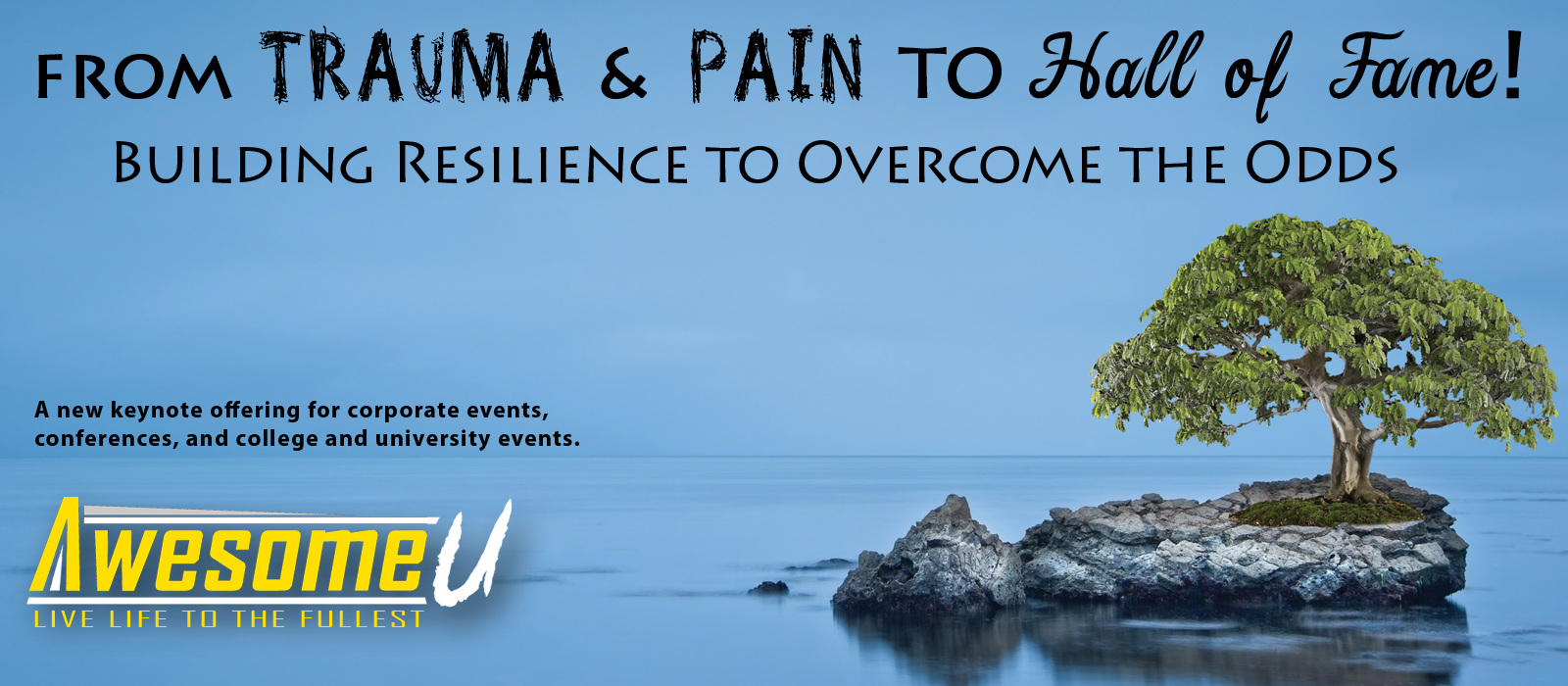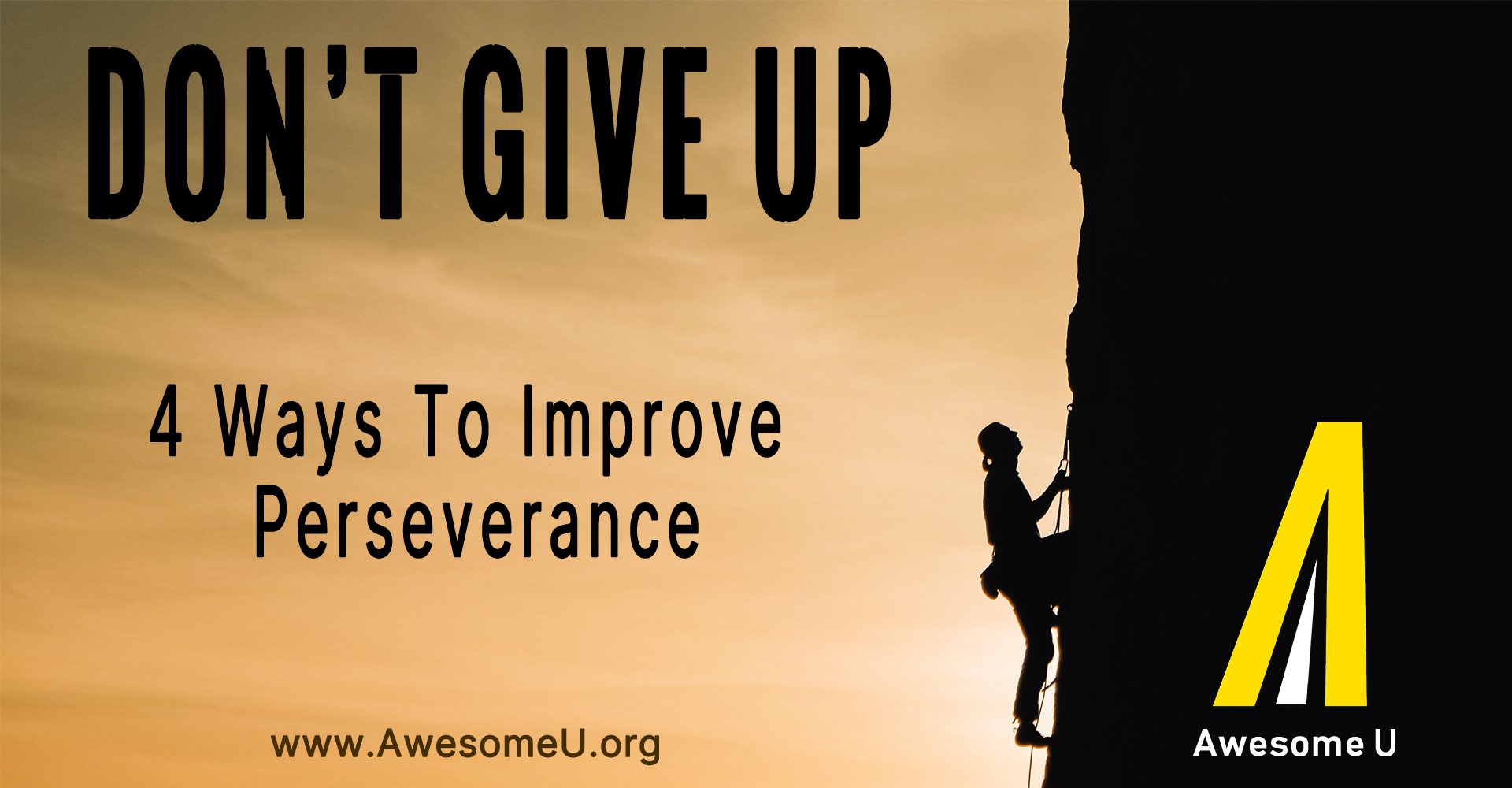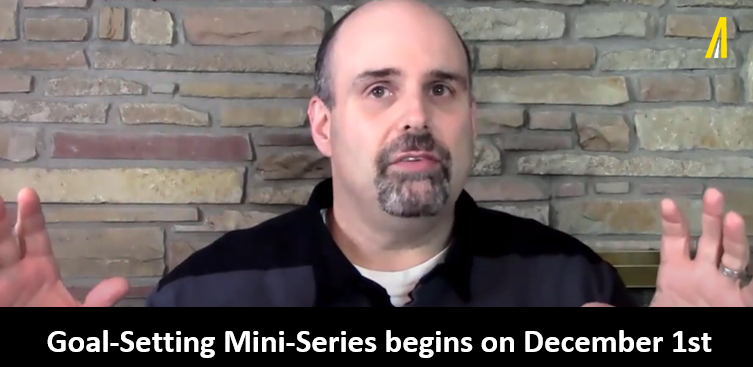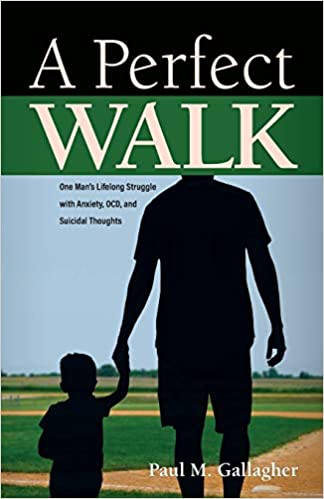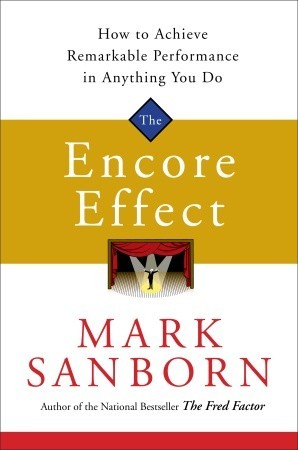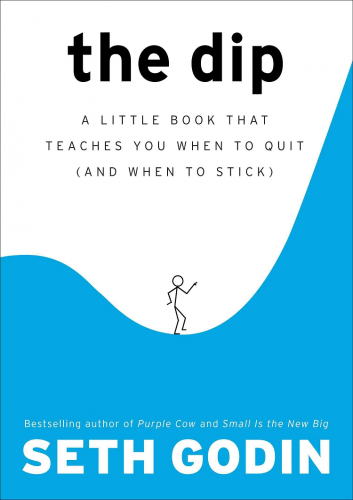The Coronavirus has left many Americans working from home. While people initially celebrated the opportunity to get up ten minutes before they start, make a cup of coffee, and sit down on their couch while wearing their pajamas to get to work, after just a couple of weeks, many people have realized that working from home can be challenging. I’ve had the opportunity to work from home for extended periods of time and would like to offer some tips to remain focused and not start to let the doldrums set in.
KEEP YOUR NORMAL MORNING ROUTINE
“What fun is that?” It’s a common question I get. Part of the appeal of working from home is the thought of getting out of bed and plopping down in front of your laptop in your pajamas. I get it. However, if you normally get up, shower, shave, brush your teeth, and have a cup of coffee before you head out the door, you should keep doing as much of that as possible. This is especially true on those dreaded Monday mornings as it will help you get the week started on the right foot.
Now, I’m not saying that you can’t treat yourself to a day of sitting on your couch in your favorite pajamas. Just make it a treat for yourself. Do it on hump day or on Friday. You may have heard about dressing for the job you want, not the one you have. The same principles apply here. You need to have your mind feel like you’re going to work and this will help.
TAKE BREAKS
Do you normally take a quick break in the morning or afternoon to walk outside or chat with a cohort about non-work things? Continue to do this while you’re working from home. There are a couple of ways to get this done. I’ve seen people create text groups, use Skype or Zoom, or just call one another. It’s important to take some time to disconnect and continue to build those work relationships. Even just stand up, step away from your computer, and do some simple stretches. Don’t let your breaks just become catching up on social media or the news. We started doing a 2:15 pm dance party that only lasts a minute but makes us all laugh.
LOWER THE LID AT LUNCH
I admit that I’m one of those people that just work through lunch usually. However, with your home now doubling as your workplace, it’s important to find those moments to break away and lunch provides a great opportunity. Give your mind a break. Lower the lid on your laptop and actually take a lunch break. Eat your lunch somewhere else. If it’s nice, go outside and enjoy your lunch.
WALKING MEETINGS ARE STILL A THING
Yes, walking meetings can still happen even though you may be separated from your meeting partner by 100 miles. We have so much technology at our fingertips now that it’s easy to get outside and do a walking meeting. You just need your phone and have the Skype or Zoom app, or even Facetime. Don’t miss out on chances to get outside, while following the guidance provided by our public health experts.
BUILD IN CHECK-INS
Now that we’re all working from home, I’ve started having Monday morning check-ins with my entire team on Skype. This wasn’t even my idea. Several of my staff came to me and said it would be helpful to do this. Now, keep in mind, this is a group that regularly works remote so, for several of them to say this, I decided to jump on it right away. Even introverts need some human interaction. Help provide it with regularly scheduled, interactive check-ins.
SHUTDOWN AND DISCONNECT
Again, our homes are doubling as our workplaces. You need to give your mind a break. When your day is done, make the temptation to check back in later more difficult for yourself. Shutdown your laptop and truly disconnect.
I hope you find these tips helpful. The luster of working from home will eventually wear off for many people but these tips will help it maintain its shine for longer. There’s one other thing I’d like to remind everyone. At Awesome U, we’re about helping everyone live life to the fullest. We also want to remind you to be good to one another during these stressful times!
What tips do you have for working from home for an extended period of time? Share them with me below!

